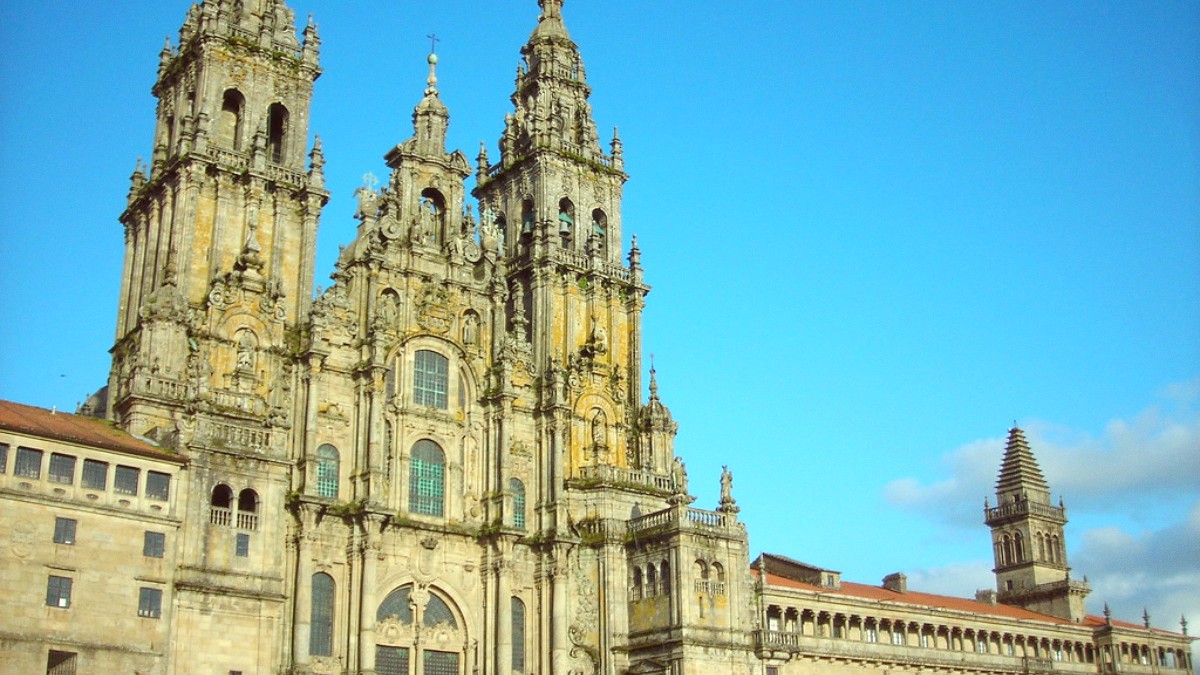
Santiago De Compostela Cantabria Asturias And Galicia, Spain Travel Guide
For navigation, public transport, and business hours; download offline maps.
Useful for text, voice, and image translation; download Spanish offline pack.
For hailing licensed taxis in Santiago.
Important for Camino pilgrims with albergue information and stage details.
A local weather forecast app (e.g., El Tiempo) helps daily planning.
For finding and managing accommodation reservations.
The main communication app in Spain; useful for contacting locals and businesses.
Official tourism website for up-to-date information on attractions and events.
For booking train and long-distance bus tickets and checking schedules.
Follow official tourism accounts like @SantiagoTurismo for inspiration and current tips.
"Rick Steves Spain" includes a good overview. For pilgrims, "A Pilgrim's Guide to the Camino de Santiago" offers detailed information.
Acquire a free, detailed map from the Tourist Information Office upon arrival.
"The Pilgrimage" by Paulo Coelho or "Walking the Camino" by Tony Kevin provide perspectives.
Public Wi-Fi is available in many cafes and hotels; consider a local SIM card.
ATMs are widespread; withdraw Euros from bank-affiliated machines to avoid extra fees.
Efficient bus services connect the airport to the city center and local areas.
In case of any emergency, dial 112 immediately. Familiarize yourself with emergency exits and procedures in your accommodation.
Begin a walking training regimen weeks before your Camino walk.
Break in your hiking boots or shoes well in advance to prevent blisters.
Practice walking with your packed backpack to adjust to the weight.
Prepare mentally for the challenges and rewards of the pilgrimage.
Acquire your "credencial" (pilgrim's passport) before starting your walk.
Familiarize yourself with your chosen Camino route and its stages.
Seek out live Galician folk music, featuring traditional instruments like the gaita (bagpipe).
Explore local artisan shops for unique handicrafts and souvenirs.
Indulge in Galician seafood, Albariño wine, and traditional empanadas.
Your choices contribute to Santiago's sustainable future. Mindful travel helps preserve its unique charm.